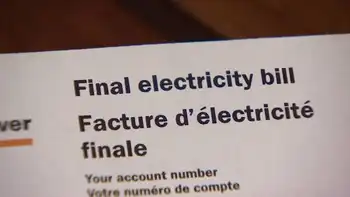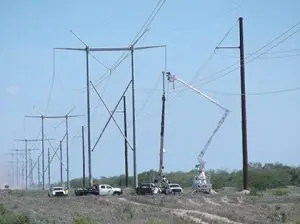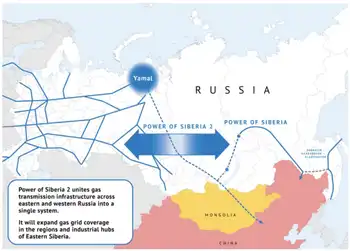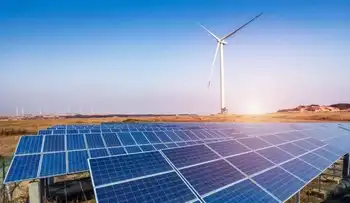EU drops EDF antitrust charges
PARIS, FRANCE - European Union regulators on March 17 dropped antitrust charges against French power company Electricite de France after it pledged to amend contracts with key corporate customers.
In a deal made legally binding that same day, EDF is promising to make sure that every year many large electricity users can pick rival suppliers. It will also allow them to resell power to others.
EDF can be fined up to 10 percent of yearly revenue if it breaks these commitments.
The European Commission says the deal will increase competition for wholesale electricity in France.
EDF's exclusive, long-term contracts to supply power to some 60 industrial customers in France triggered an EU investigation in 2008.
The contracts — with the world's largest steel maker, ArcelorMittal SA; aluminum producer Alcan Corp.; paper mill UPM-Kymmene Corp. and chemical companies Rhodia, Arkema and Solvay — arranged for power from EDF at cost price over 15 years, starting in 2007, to pay for new power plants.
EU regulators were alarmed, saying these contracts could be a form of monopoly abuse that stops customers from switching suppliers and prevents new rivals from entering the market.
EDF settled the dispute by agreeing that some 65 percent of the electricity that it sells under contract to large customers will return to the market every year because contracts will end or customers will be able to opt-out of the contract for free.
Future contracts with major energy users can't be longer than five years unless the customer can opt out without cost at least every five years.
EDF must also now stop blocking its customers from buying part of their power needs from other suppliers — and stop preventing customers from reselling electricity.
EDF is bound by these commitments for ten years — until January 1, 2020 — unless its market share drops below 40 percent for two consecutive years. It will have to send yearly compliance reports to EU regulators and France's energy authority.
The European Commission says French and Belgian industrial customers have little or no real choice when it comes to buying electricity. Some 30 percent get only one offer to buy power, and at least half get only three or fewer companies to tender — the lowest number of all EU nations.
The French state owns 84.8 percent of EDF, which generates most of its power from nuclear energy.
Related News
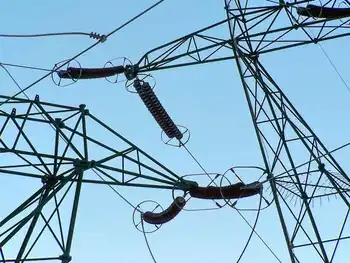
The Impact of AI on Corporate Electricity Bills
NEW YORK - Artificial Intelligence (AI) is revolutionizing industries with its promise of increased efficiency and productivity. However, as businesses integrate AI technologies into their operations, there's a significant and often overlooked impact: the strain on corporate electricity bills.
AI's Growing Energy Demand
The adoption of AI entails the deployment of high-performance computing systems, data centers, and sophisticated algorithms that require substantial energy consumption. These systems operate around the clock, processing massive amounts of data and performing complex computations, contributing to a notable increase in electricity usage for businesses.
Industries Affected
Various sectors, including finance, healthcare, manufacturing, and technology, rely…

